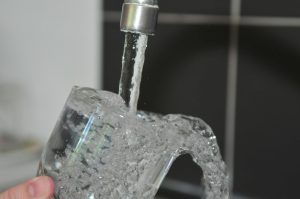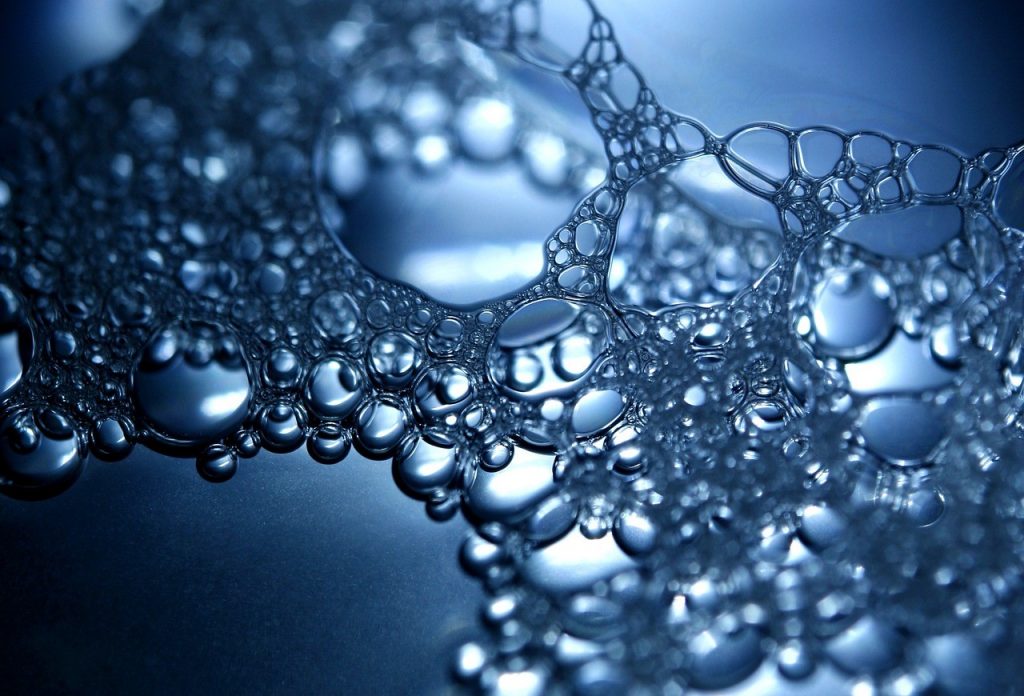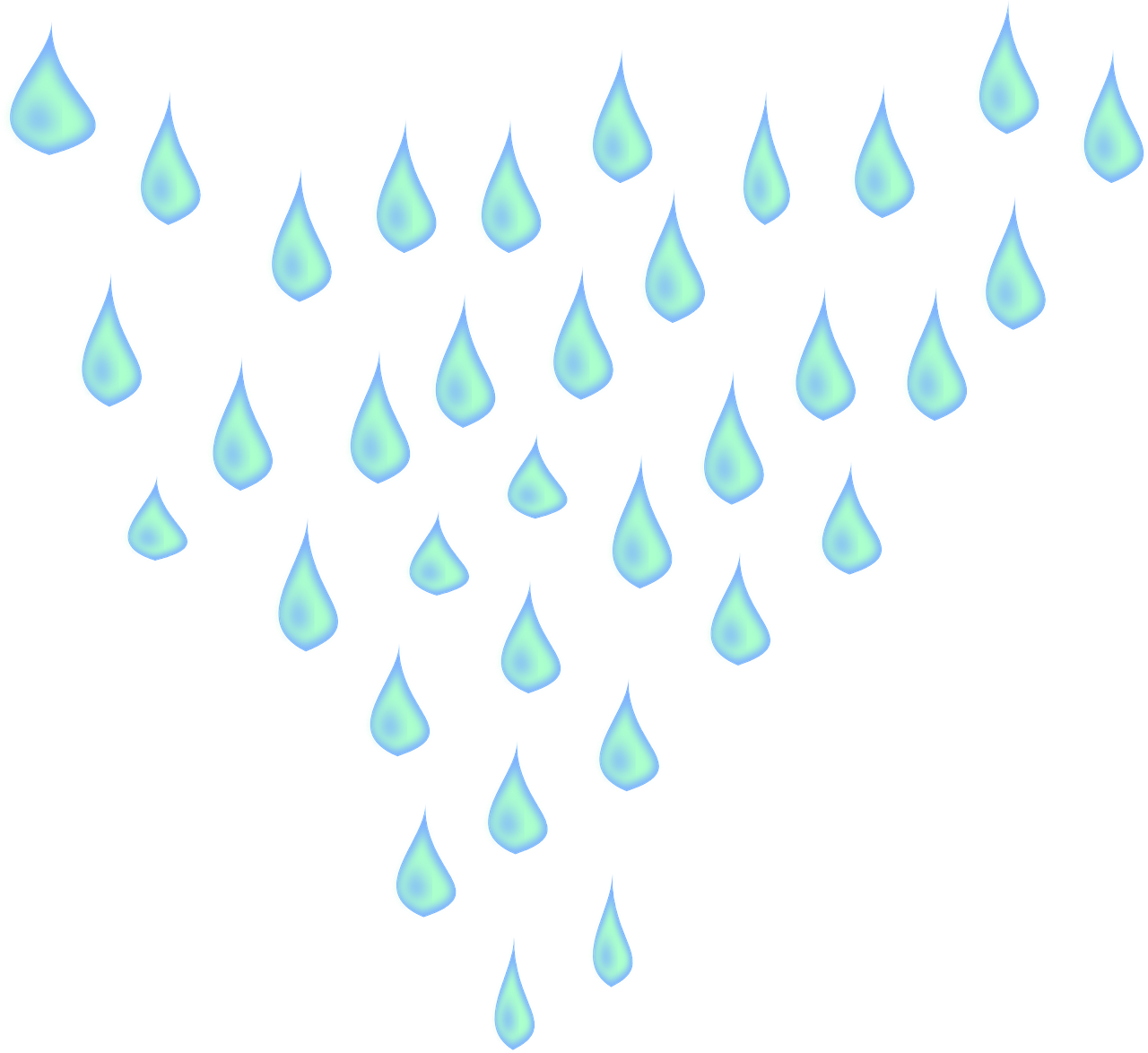How to Get Your RO Filters Cleaned
A high-quality RO water purifier will last for years if properly maintained. Read on to know the right steps to clean and maintain RO filters for longevity.
Reverse Osmosis (RO) water purifiers help in removing different kinds of contaminants and pollutants from water. The different filtration stages remove impurities to make water safe for consumption. However, it is essential that we maintain our RO filters to ensure the water purifier works efficiently for longer.
When to Clean the RO System
The cleaning or sanitization process may differ for each house as it depends on the usage and quality of water. But it is essential to clean the RO filter every 3 to 12 months, depending on the need or indication for cleaning. Routine maintenance is required for the system to work efficiently. As said earlier, filters play an important role in the Reverse Osmosis system.
How do you know it’s time to clean the RO system?
Filters are the heart of the RO water purifier system. The condition of the filters states whether the RO system needs cleaning or not. When the taste of water changes and the filters and membranes are worn out, it’s an indicator that you need to clean your RO system.
What are the requisites?
According to Do It Yourself, soft water should be used for the cleaning process and dilution of the cleaning chemicals. A cleaning tank, a Reverse Osmosis cleaning pump, a tank cooler, a tank mixer, and a Reverse Osmosis cleaning cartridge filter, which helps in the removal of dirt produced during the cleaning process, are also required for cleaning up the Reverse Osmosis system.
Precautions to be taken before you start cleaning the RO filter
- If filters are to be replaced during the cleaning process, all new filters should remain packed until it is time for a replacement.
- Wash your hands with soap and water or wear sanitary gloves before working with the Reverse Osmosis system.
- Ensure the service area is free of any excess dirt or dust.

Steps to clean RO Filters
Cleaning the RO filter is important because this will ensure you and your family can drink 100% pure and clean water.
These are the 12 steps that you need to know about how to clean a water purifier
- Cut the water supply to the storage tank.
- Empty the storage tank.
- Allow the system to be free for some time and then remove the filter housings.
- Remove the Reverse Osmosis membrane and filters and then replace the filter housings.
- Dilute the chemicals prescribed by the manufacturer for cleaning the Reverse Osmosis system. For instance, bleach is mostly used during the cleaning processes. Pour and run the solution throughout the system for about an hour.
- Clean the chemicals present in the system with soft water.
- Clean the filter housings with a soap solution and rinse thoroughly.
- The condition of the O-rings is to be checked necessarily to ensure whether they need a replacement. If the rings are completely damaged, then they must be replaced. Some O-rings are found to be dried up and they can be treated with water-based lubrication and can be used again.
- The pre-filter used for removing dirt, dust, and other sediments and the carbon filter designed to remove Chlorine and other contaminants that ruin the taste of water also need to be checked timely for replacement.
- Mount the filters back and reattach all connections.
- Open the valve to allow the flow of water in the system.
- Let the tank fill back up and then drain one more time.
Your RO Water Purifier system at this point should be ready for use. If you don’t see ideal results, please consult the manufacturer or an expert.





